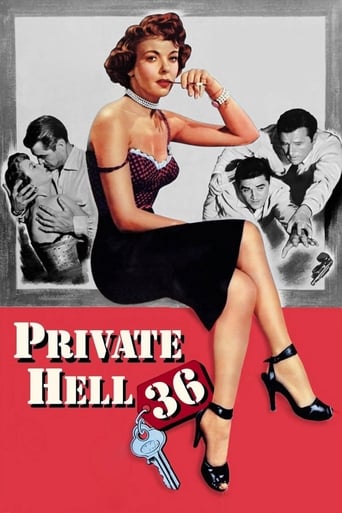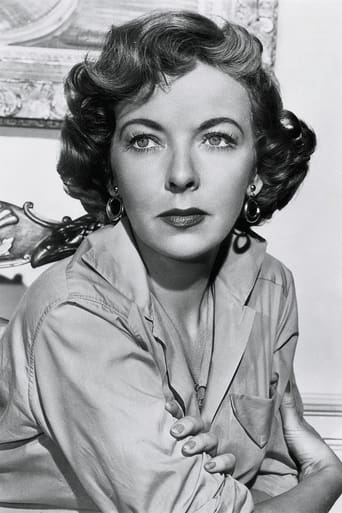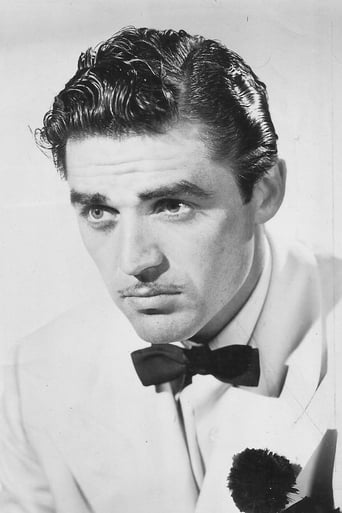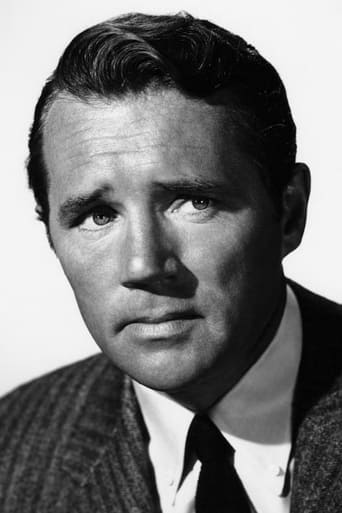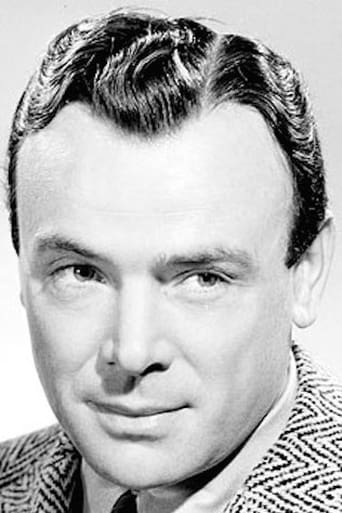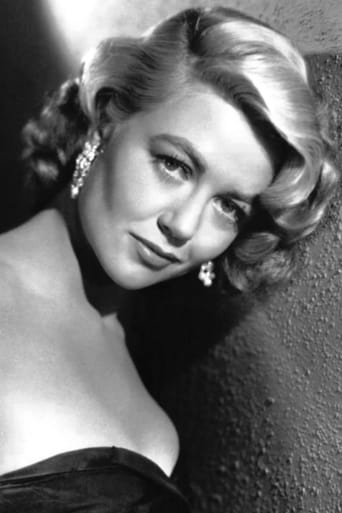Inclubabu
Plot so thin, it passes unnoticed.
StyleSk8r
At first rather annoying in its heavy emphasis on reenactments, this movie ultimately proves fascinating, simply because the complicated, highly dramatic tale it tells still almost defies belief.
Myron Clemons
A film of deceptively outspoken contemporary relevance, this is cinema at its most alert, alarming and alive.
Lela
The tone of this movie is interesting -- the stakes are both dramatic and high, but it's balanced with a lot of fun, tongue and cheek dialogue.
filmalamosa
Two cops are tracking down the source of hot money that is being passed that came from a robbery murder. They eventually find the man and the money--after a high speed chase that ends in the murderers death in a deserted area. One of the cops decides to help himself to $80,000 of the money as he has a new girl friend with expensive tastes. Unfortunately his partner gets scruples. The police department suspects something and launches a sting. In the denouement the bad cop is killed and all ends well.A film noir I suppose but with the typical Hollywood moral ending.I saw the sting a mile away...this is no where as good a movie as Charlie Varrick which Don Siegel made in 1973. It is however tight and well executed but the story is not full of fun unexpected twists and turns. Disappointment.It still gets a 6 as is very watchable but just average writing. Watch Charlie Varrick it is so much better.RECOMMEND
MartinHafer
This film is interesting because it stars the real life husband and wife duo of Howard Duff and Ida Lupino (who also co-wrote the film). However, they do not play husband and wife in the film, as Duff's movie wife was played by Dorothy Malone. Even more interesting is that Duff's child in the film is actually played by his own daughter, Bridget. It was directed by Don Siegel--a guy known for making strong lower-budget thrillers during this era.Duff and Steve Cochran are both detectives, partners and friends. However, all this is tested when they are investigating a case and find a suitcase full of money. It's a lot of money and Cochran takes much of it for himself--figuring no one would miss it. Duff is appalled...but says nothing. It seems that he just hopes that his friend will see the light and do the right thing. However, the longer he waits the more trouble he, too, will be in for not reporting this. See how all this is resolved in this very nice detective film.My favorite aspect of the film was Cochran's character. Duff kept waiting for him to do the right thing...but Cochran had no mental compass and simply had no problem doing the selfish thing! None of this heart 'o gold or seeing the light at the end for this guy--a major plus for the film. Good acting, a good script and nice action make this one a nice example of film noir.By the way, the dead guy in elevator looked a lot like Nikita Khrushchev the way they had him made up! It was, in fact, Chester Conklin--an old movie veteran who gained some fame as one of Mack Sennett's 'Keystone Kops'.
writers_reign
On paper this had the makings of a winner; co-scripted (with her ex- Collier Young) by that most intelligent of actresses (who was also no slouch as a director) Ida Lupino, directed by Don Seigel at just about the time he started making a noise (Riot In Cell Block 11 was made back-to-back with this entry), with major acting credits split equally between Lupino, Dean Jagger, Dorothy Malone, Howard Duff and Steve Cochran, all well known at the time, it should have turned out far better than it did. Watching it today the pace appears to be well off and coupled to that is that uneasy feeling that some of the cast are playing in different films. Lupino always delivers and trivia buffs will note that she had already played a pianist-singer in Jean Negulesco's 1948 entry Roadhouse and in both movies her character was named Lily (or, in this case, Lili) Stevens and Marlowe respectively and as an actress she would offer one of her greatest portrayals as Marion, the wife of actor Charley Castle in Clifford Odets' The Big Knife two years later. On the other hand even cast as a domesticated wife Dorothy Malone can't help vamping as if still auditioning for the Lupino femme fatale role. It's watchable certainly but certainly no more.
bmacv
Strolling home one night, Los Angeles police detective Steve Cochran interrupts a robbery in progress at a drugstore. He fatally shoots one of the perps and books the other. A marked $50 bill in the loot came from $300-grand robbery-homicide in New York. Cochran and his partner Howard Duff trace the bill back to the pharmacist, the bartender who passed it to him, and Ida Lupino, coat-check girl and part-time singer at the bar. She claims a drunk tipped her with it one night after she sang him `Smoke Gets In Your Eyes' five times; the cops don't quite believe her, but it doesn't matter. Cochran is falling for her, even though his cop's salary won't snare her the diamond bracelets she's after.Over the next week, they drag her to a racetrack where more of the marked cash is being uttered, in hopes that she'll spot her tipsy tipper. When she does, Cochran and Duff go off in hot pursuit. The getaway car hurtles down an embankment, killing the driver but leaving cash blowing around the ravine. Cochran pockets about $80-grand and turns over the rest, leaving Duff angry but not angry enough to break the inviolable code: Never rat out your partner. Cochran makes Duff an unwilling accomplice by giving him a duplicate key to a rented trailer where he's stashed the money; it's parked in slip #36. But then Cochran gets a phone call from a stranger who claims the cash is his and wants to make a deal....Opening with an initial burst of two brutal robberies, director Don Siegel then slackens the pace but not the tension; he moves the story forward through character rather than incident. The square-rigger Duff tries to dissolve his guilt in alcohol, to the distress of his wife (Dorothy Malone, in too skimpy a role); Cochran and Lupino seesaw up and down, back and forth in their more volatile liaison. The fifth major player, Dean Jagger, as the detectives' canny superior, senses that their story doesn't quite add up.
Written by Lupino and her ex-husband Collier Young, the movie departs from the usual formula by not making current spouse Duff Lupino's love interest; perhaps in consequence, Duff loses the cocky, ingratiating mien he often adopts, while Cochran runs off with the meatier role. Private Hell 36 stays lean and hard-edged (with help from cinematographer Burnett Guffey); it's among the better offerings from the latter years of the noir cycle.
